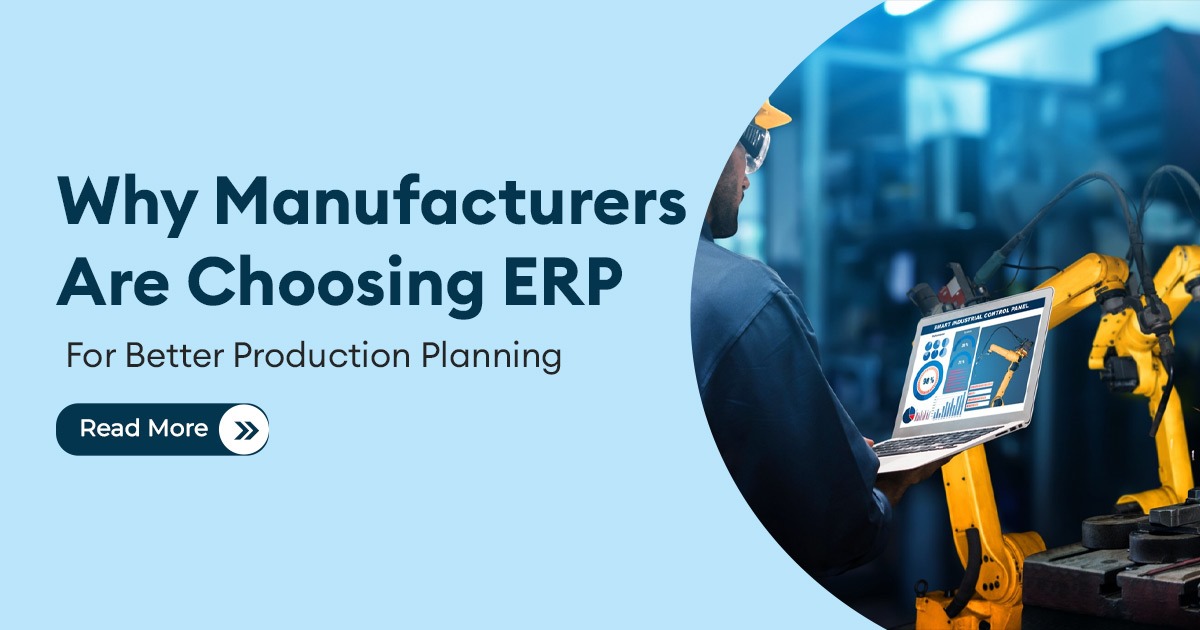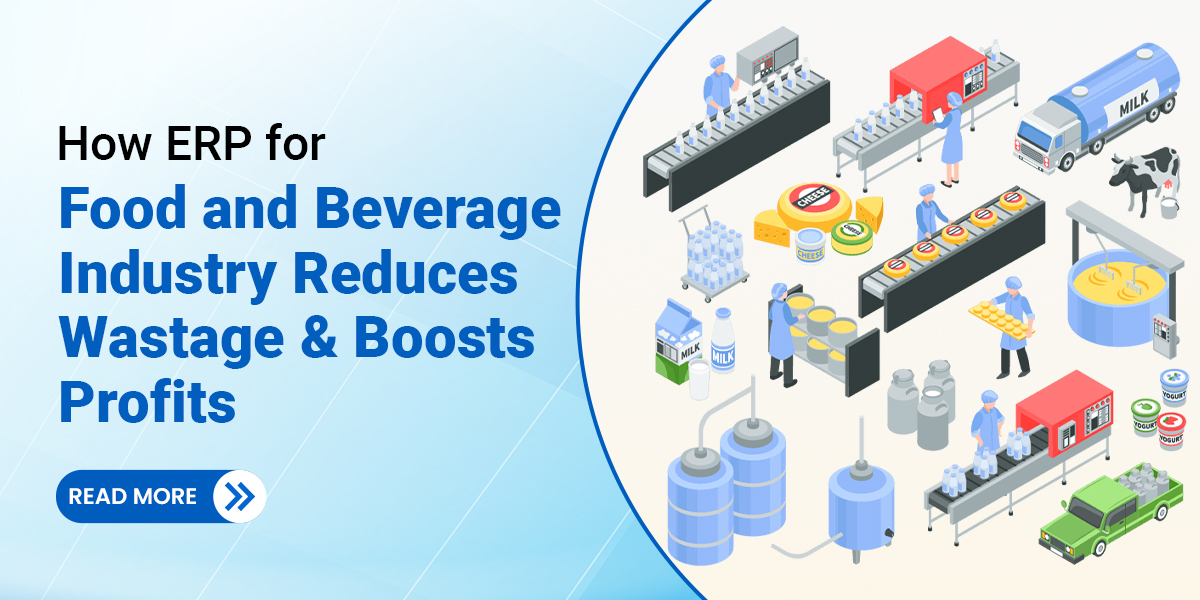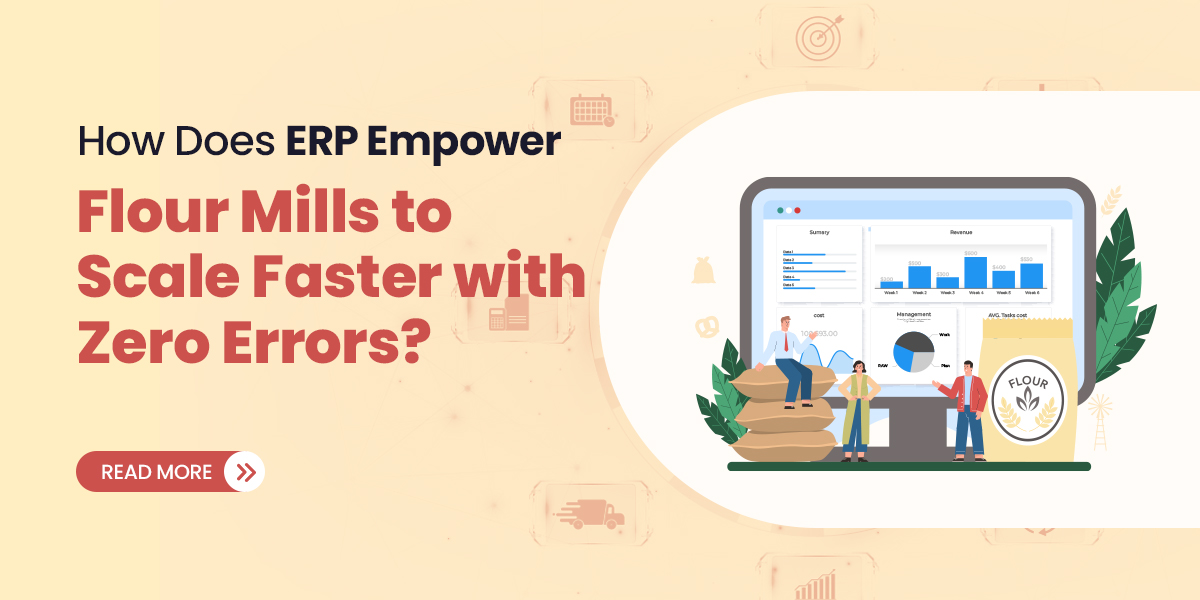Management of supply chain obstacles alongside customer demands and financial requirements presents substantial difficulties to manufacturers. ERP Software has transformed production planning and scheduling by becoming a fundamental business optimization tool. An ERP system combines different business operations to create efficient workplaces with reduced waste while improving productivity so manufacturers can maintain their market position in a changing industry.
The Production Planning and Scheduling Importance
Effectiveness in production planning in conjunction with scheduling represents essential elements to maintain a consistent and effortless manufacturing flow. Operation without structured plans leads businesses to encounter delays and run short on resources and miss critical deadlines which negatively affects profitability. Through ERP Solution businesses secure their access to raw materials while achieving smooth production with timely delivery of finished products to customers. The coordinated efforts lead to both operational enhancements as well as enhanced reputation of the business.
How ERP Transforms Production Planning?
- Real-Time Insights and Predictive Analytics
ERP systems supply current data together with improved forecasting tools which allow manufacturers to estimate market needs and boost their production planning. The system prevents both inventory shortages and inventory excess therefore maintaining stable workflow management. Manufacturers who use accurate data insights can create data-driven choices which helps them reduce operational issues to achieve their maximum output.
- Smarter Resource Allocation
The automation of resource management through an ERP for manufacturers ensures strategic labor along with machinery and material distribution. Resource optimization enables manufacturers to decrease operational times and expenses which together create better manufacturing efficiency. By applying this strategic management methodology every production aspect will align to achieve better efficiency alongside reduced expenses.
- Streamlined Inventory Management
Manufacturers can use ERP systems to track inventory in real time. This helps them predict material needs and maintain the right stock levels, avoiding excess and shortages. Effective inventory control reduces waste and improves supply chain efficiency.
- Better Supply Chain Coordination
ERP Software improves communication channels that connect suppliers with distributors and manufacturers which strengthens their joint work. The system produces more efficient operation cycles that remain undisturbed even when facing unexpected events. Supply chain processes integrated through ERP support punctual deliveries along with appropriate stock quantities which maintain continuous operation flow.
Enhancing Production Scheduling with ERP
- Automated and Intelligent Scheduling
The use of scheduling by hand generates both mistakes and suboptimal operational results. ERP systems remove these problems because production timeframes run automatically through real-time operational information predictive market data and workspace capability assessment. Businesses using ERP systems have the ability to modify schedules actively as they build order priorities while maintaining continuous workflow control.
- Capacity Planning for Maximum Efficiency
The production capacity assessments realized through ERP let manufacturers develop knowledgeable plans for resource management. Businesses attain their maximum output by identifying bottlenecks and optimizing both their labor and machine usage which avoids resource overloading. Better production system efficiency together with reduced operational expenses result from optimized workflow management.
- Real-Time Production Monitoring
Through an ERP system manufacturers get real-time monitoring of their production process which enables them to detect manufacturing delays swiftly. By taking a proactive approach manufacturers achieve efficient operations they fulfill deadlines and minimize production disruptions which in turn leads to better customer satisfaction.
- Built-in quality Control and Compliance
The manufacturing process requires quality control to be managed by Enterprise Resource Planning (ERP) systems which integrate quality assurance into their production planning features. The built-in quality control measures enable manufacturers to reduce defects which reduces returns. The implementation of regulations because of ERP systems enables organizations to maintain credibility while establishing trust with their customers.
Conclusion
A manufacturing business that adopts an ERP system will gain multiple advantages which include operational optimization and increased productivity together with data-based decision quality enhancement. The progressive nature of modern industries together with rising competition requires manufacturing organizations to adopt ERP solutions as their strategic competitive advantage. Your search for an ERP Solution to optimize production planning should lead you to Global Infocloud for business-specific implementation solutions.




